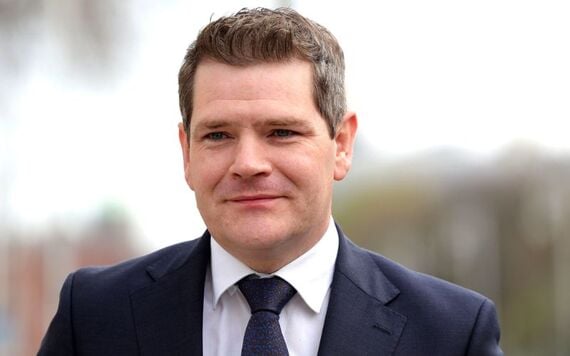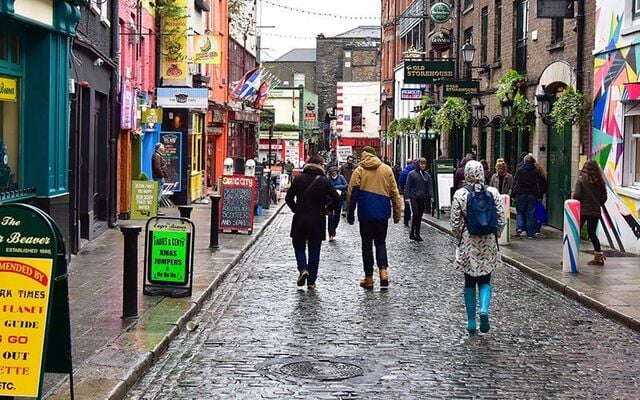The Department of Enterprise, Tourism and Employment has unveiled Ireland’s first Tourism Sectoral Adaptation Plan, setting out a five-year roadmap to help the industry respond to escalating climate risks.
The plan, covering the period 2025–2030, is part of the Programme for Government’s broader commitment to strengthen resilience across communities, ecosystems and businesses.
The move follows a series of extreme weather events in recent years, which the Department says have highlighted the urgency of preparing for climate-related disruption.
Tourism — a major employer and contributor to the Exchequer — is among the sectors most exposed to shifting weather patterns and environmental pressures.
Announcing the plan, Minister for Enterprise, Tourism and Employment Peter Burke said: “I am pleased to publish the Tourism Sectoral Adaptation Plan, which is required under the Climate Action and Low Carbon Development (Amendment) Act 2021.
“In economic terms, tourism remains hugely important and provides a significant contribution to the Irish Exchequer.
“I want to see the sector continue to thrive in the years ahead. To achieve this, it is critical that we prepare for the implications of climate change, including exploring new opportunities that may arise for Irish tourism.”

Minister for Enterprise, Tourism and Employment Peter Burke. (RollingNews.ie)
The plan identifies both threats and opportunities stemming from climate change, with the objective of maintaining Ireland’s competitiveness as a destination while ensuring that tourism-dependent communities remain viable.
It sets out three core goals for the sector.
The first seeks to deepen understanding of how climatic changes affect tourism activity, enabling businesses and policymakers to better anticipate and manage impacts.
The second aims to build shared awareness of climate risks among operators, local authorities and communities, encouraging coordinated action to strengthen resilience.
The third focuses on reducing the consequences of the most significant hazards identified in the National Climate Change Risk Assessment.
Read more
A suite of targeted actions will accompany the plan, with implementation overseen by the Department and national tourism agencies.
The work is underpinned by the National Adaptation Framework, which outlines the Government’s ambition to transition to a climate-resilient, environmentally sustainable economy by 2050.
The Department says the plan will help ensure Irish tourism remains both economically strong and environmentally secure as climate pressures intensify.
* This article was originally published on BusinessPlus.ie.




Comments